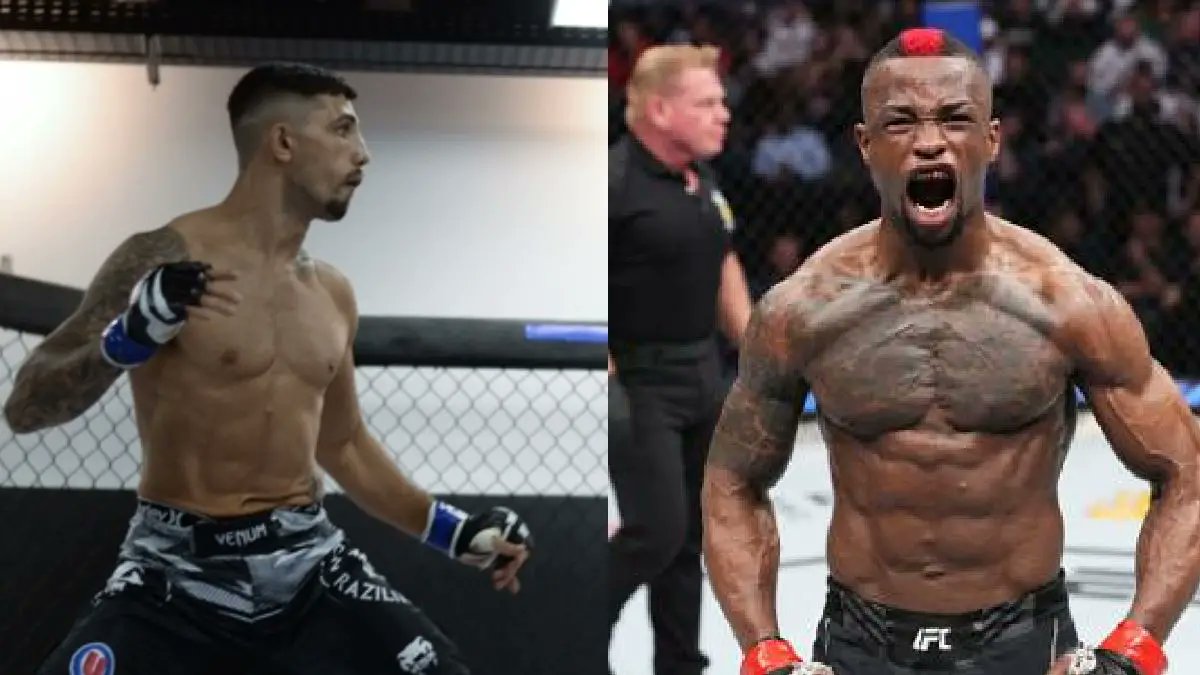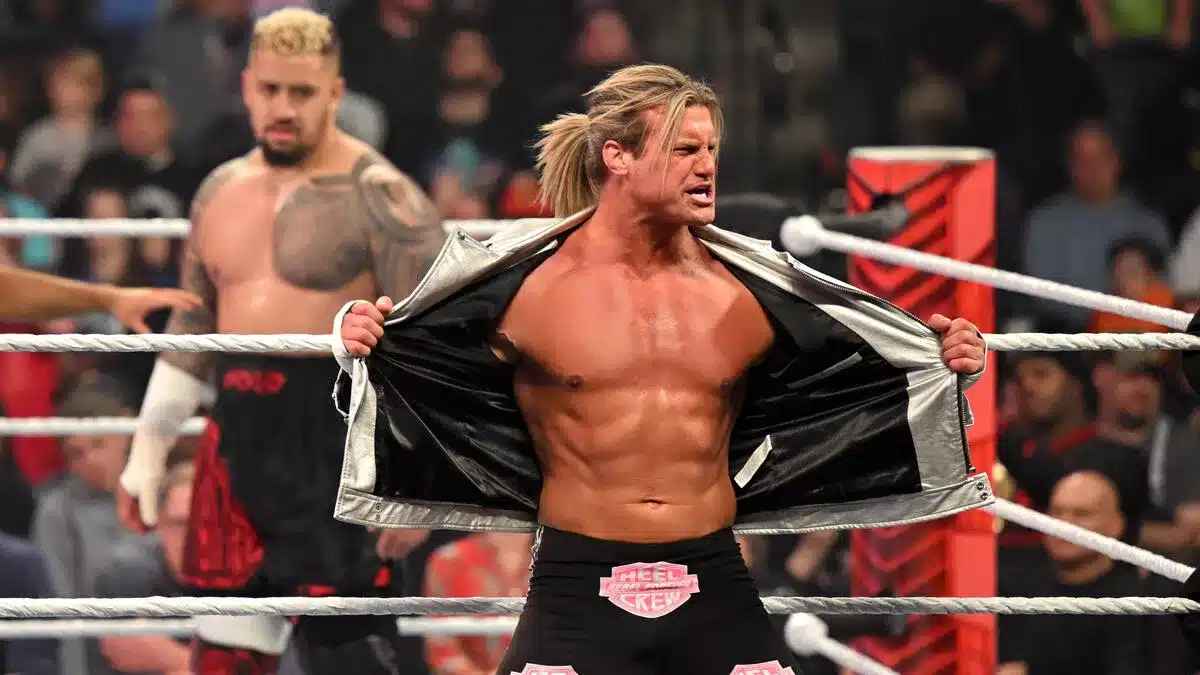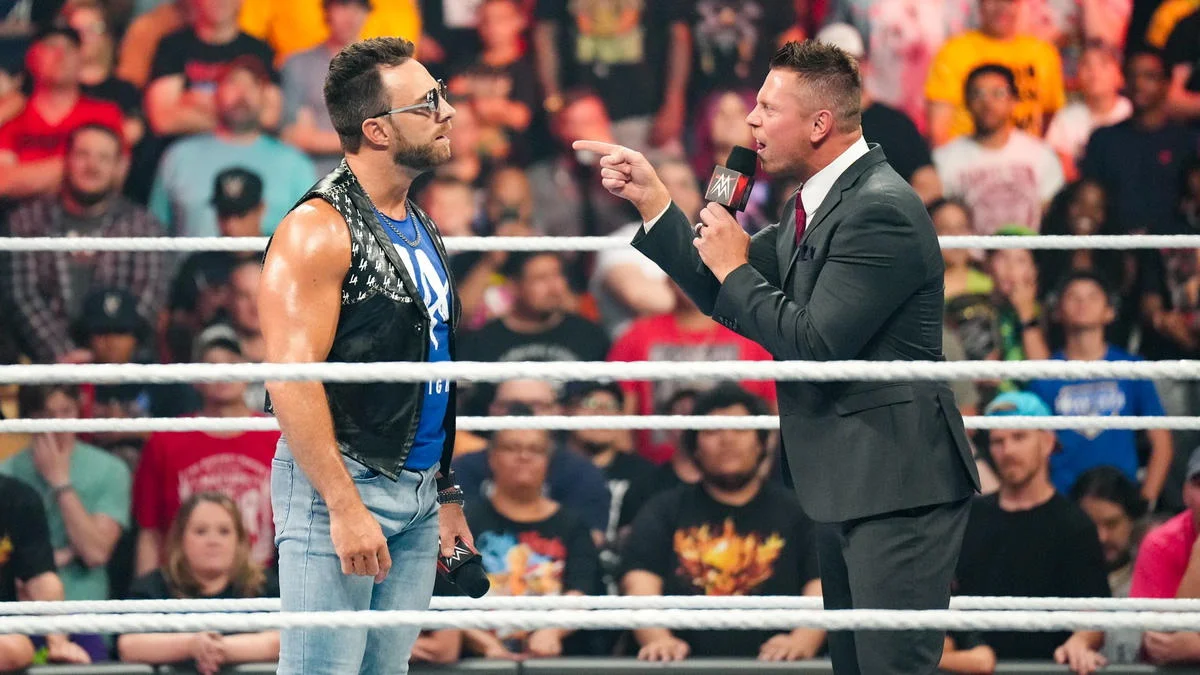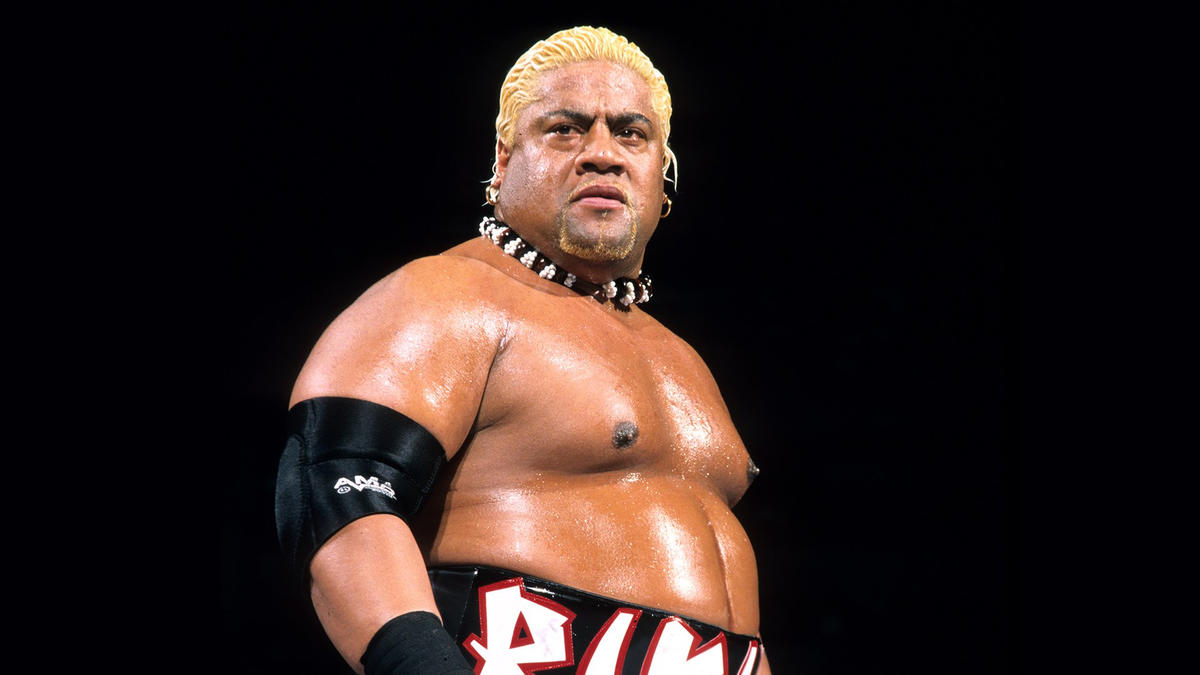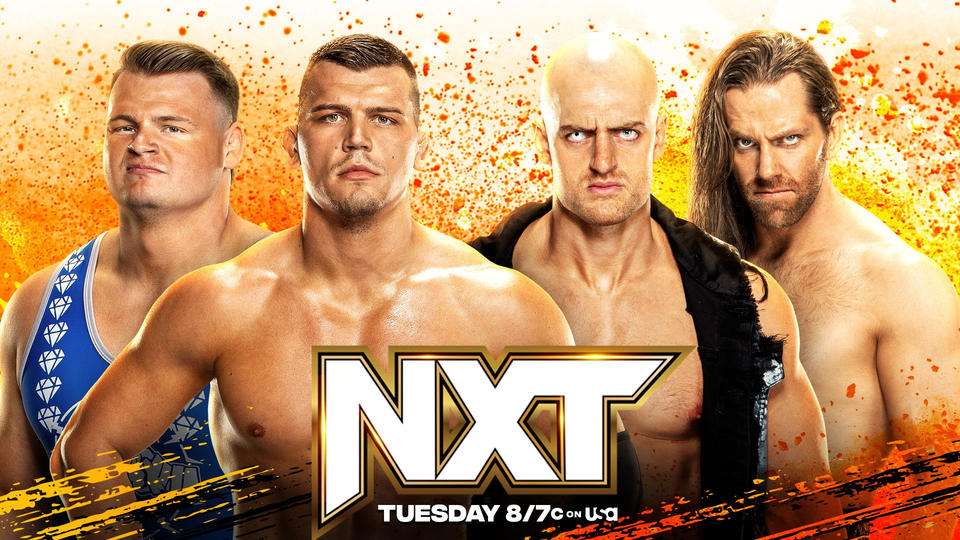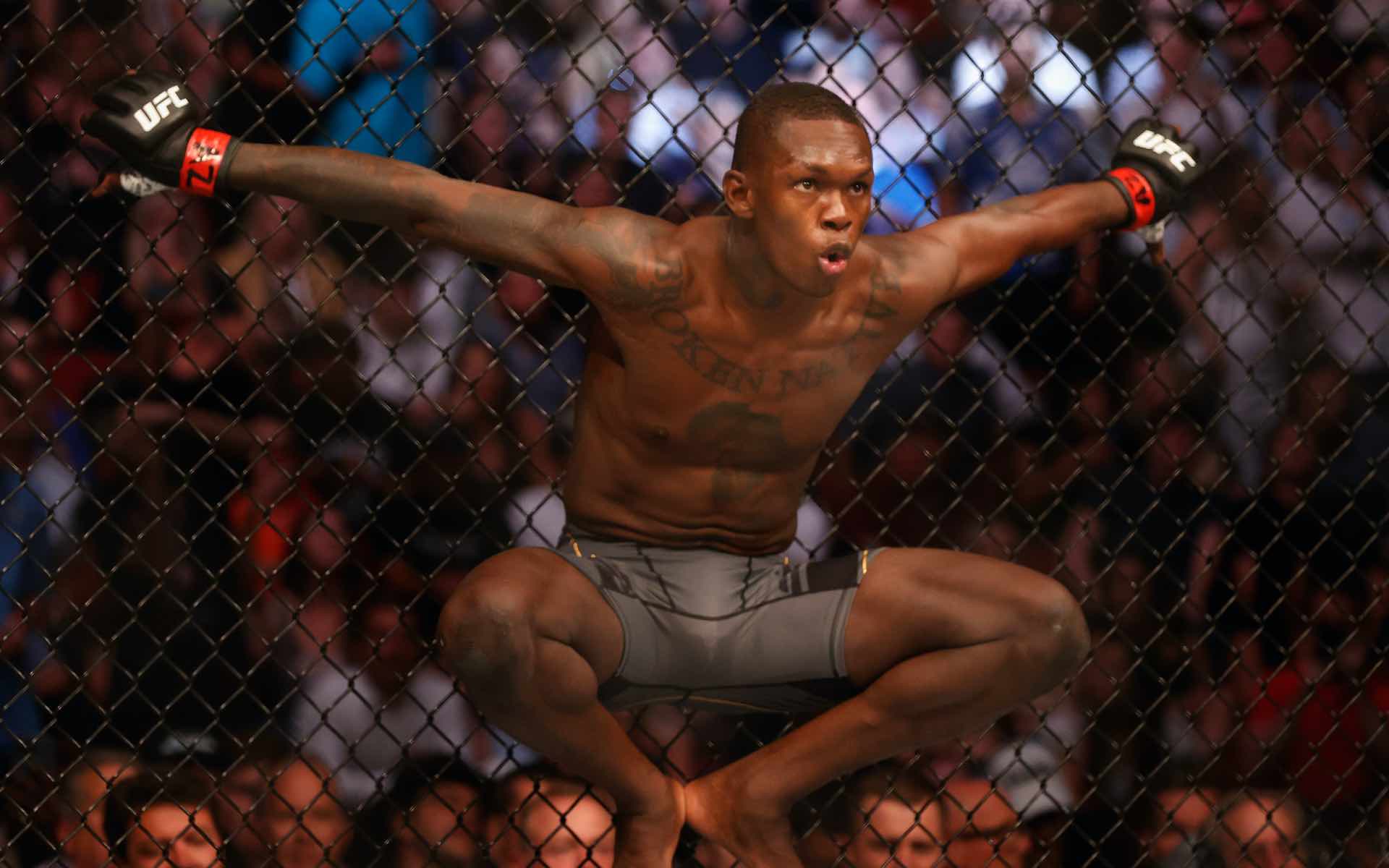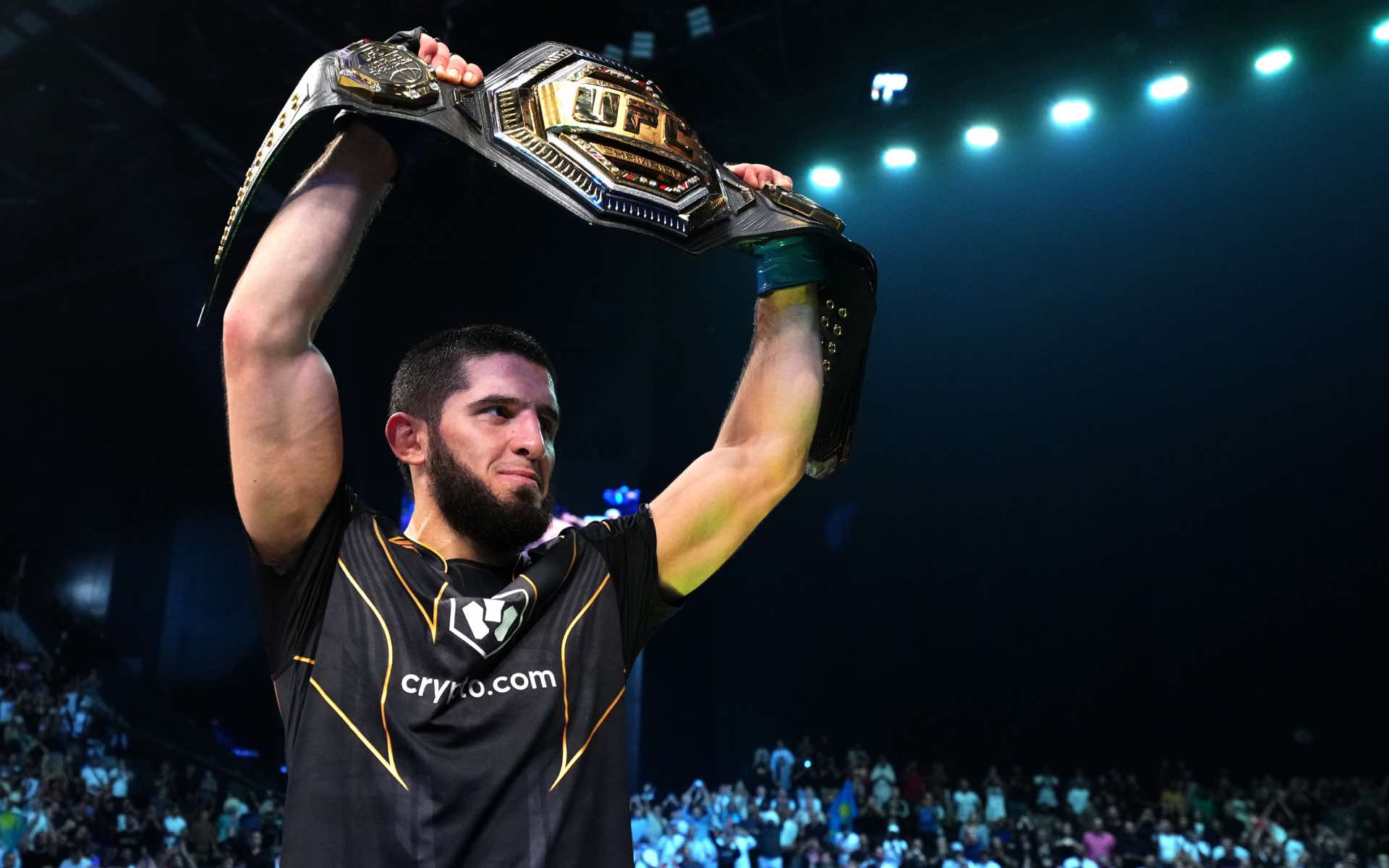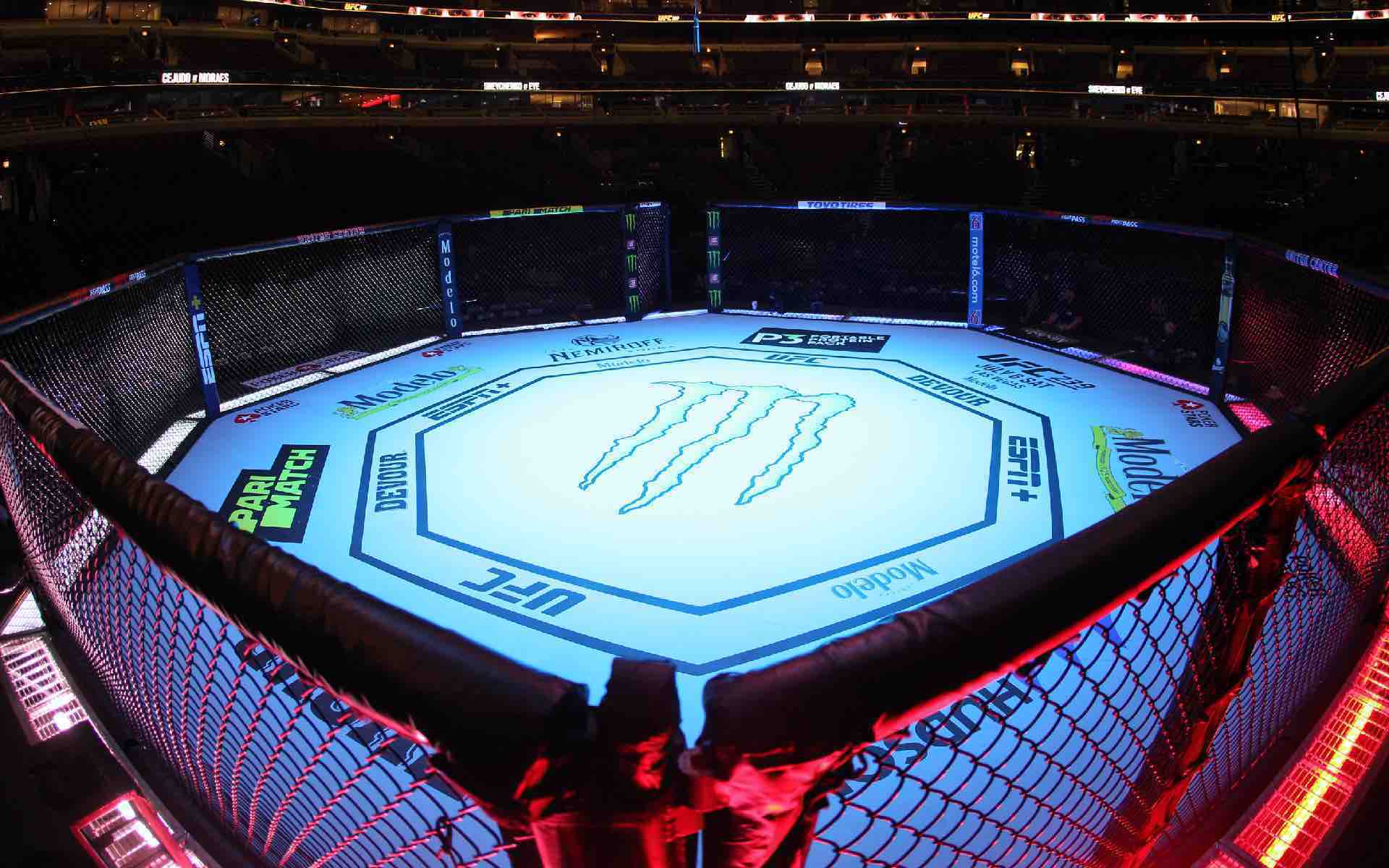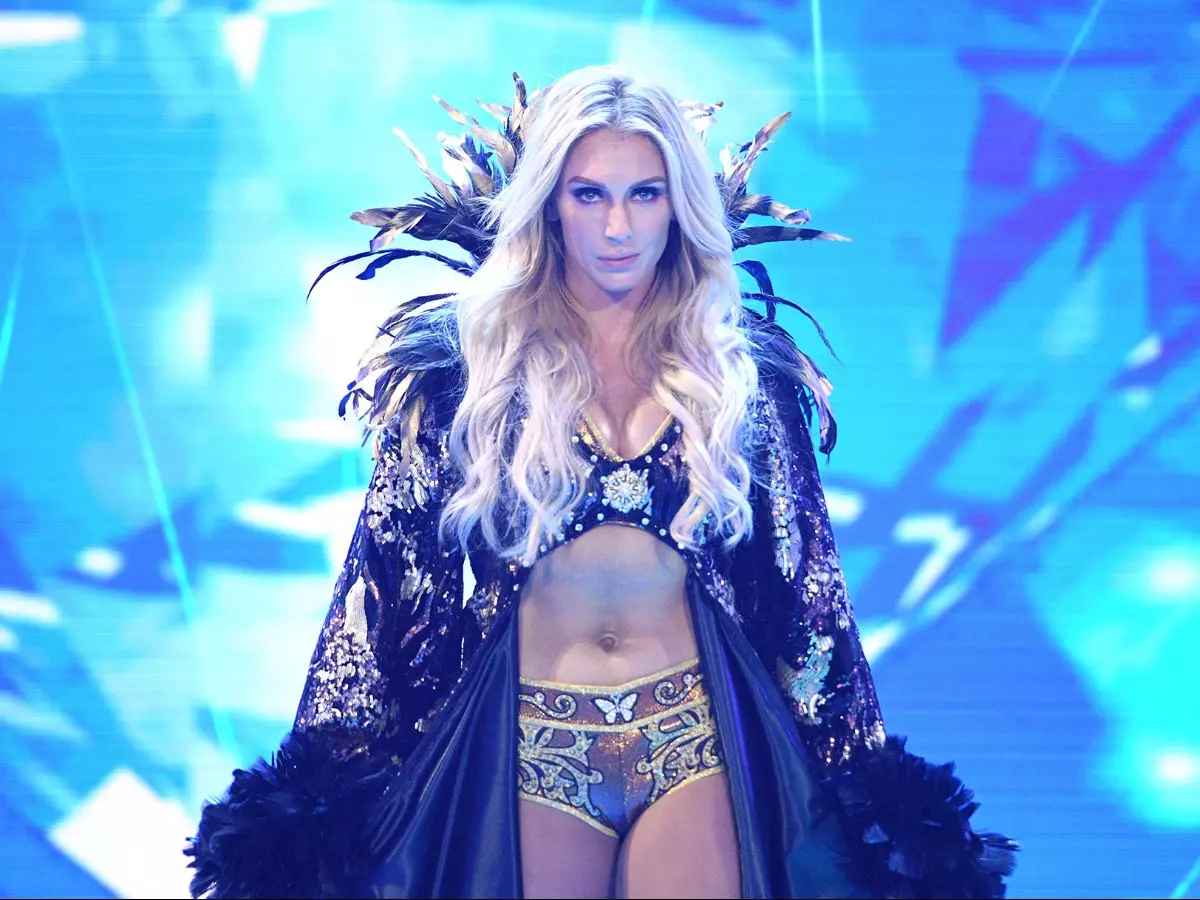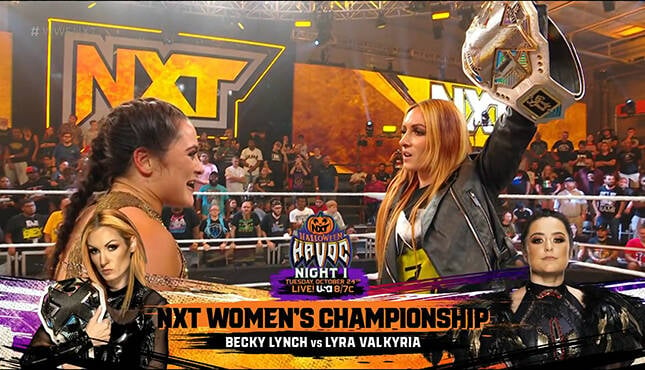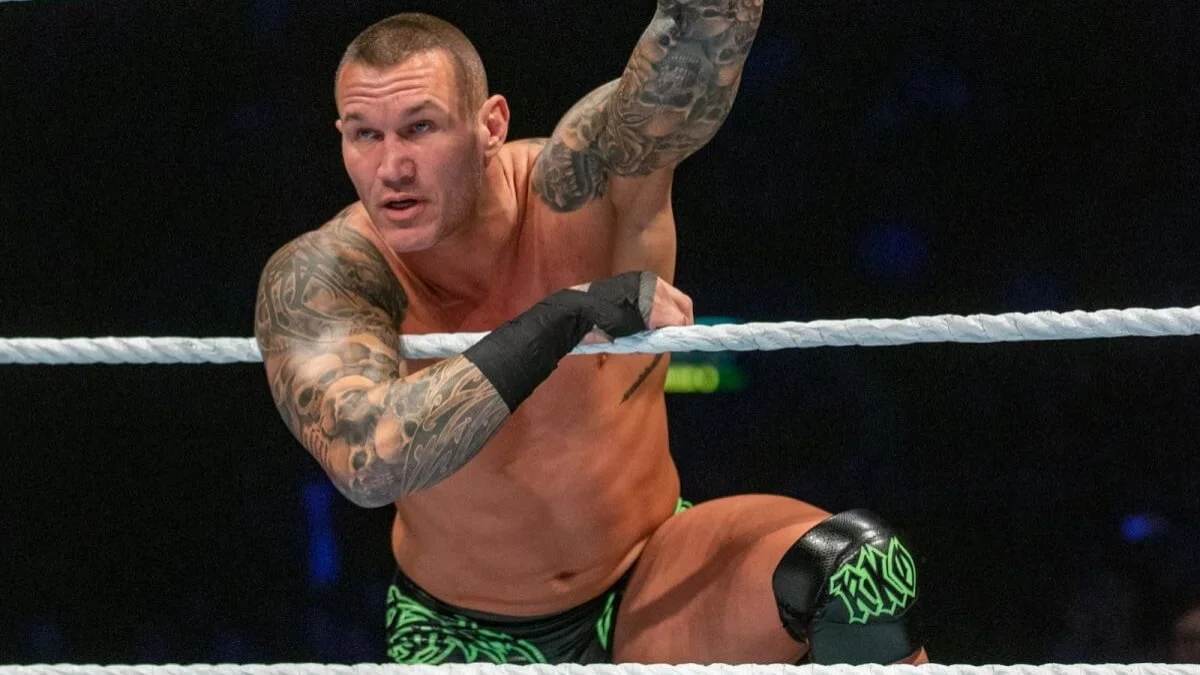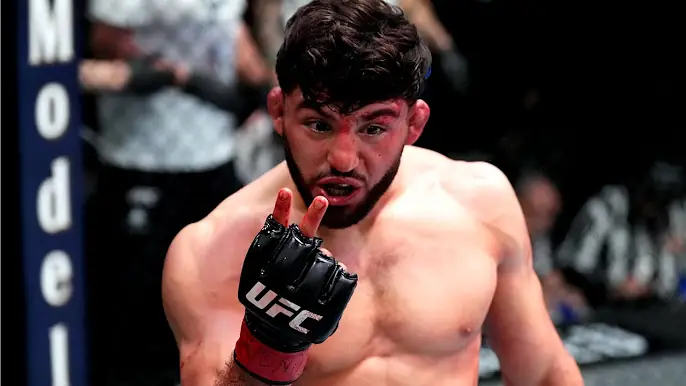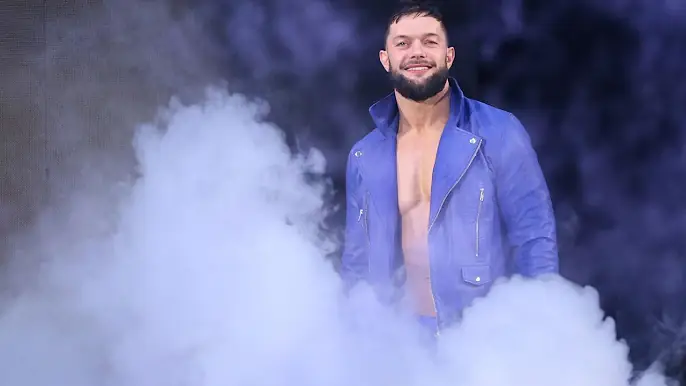Legendary Catchphrases: The Best Lines Ever Uttered In WWE
The spirit of professional wrestling is not in the physical might, aerial stunts, or acts of pure demonstration but in one’s personality, character, and perhaps the most vital part, connecting with the crowd. In WWE, specifically, the most chilling imprint left on the minds and memories is not through the physical display but in the form of memorable lines spoken and resonated with by wrestlers and fans alike. These lines embodied persona and can define whole careers. This is where we take a look at the best lines ever delivered in WWE and how they came about, what they did, and their legacy.
- “Austin 3:16 Says I Just Whooped Your Ass!”
The Beginning
The “quote-unquote” iconic catchphrase “And that’s the bottom line ’cause Stone Cold said so” was coined in the 1996 King of the Ring tournament. It was during the final match against Jake “The Snake” Roberts when Stone Cold Steve Austin cut a promo that would change the face of professional wrestling forever.
He buried Roberts’ religious persona, citing the Bible and saying, “You sit there and you thump your Bible, and you say your prayers, and it doesn’t get you anywhere! Talk about your Psalms, talk about John 3:16… Austin 3:16 says I just whooped your ass!”
The Effect
The term “Austin 3:16” caught on almost immediately. The fans reacted right back making signs, wearing T-shirts with the words, and chanting right back over the course of events. It marked Austin’s elevation as a top star and his defiant, antihero spirit dominated the Attitude Era.
The Legacy
“Austin 3:16” is still attached to one of the most famous catchphrases in wrestling history. It was a slogan that seemed to encapsulate the persona of Stone Cold and tapped into what the fans were desiring: an ass-kicking, beer-drinking, blue-collar hero. That phrase to this day is thrown around and referred to, pointing out the tremendous lasting power of it among new phrases and slogans created across wrestling history.
Influence
The “Austin 3:16″ victory proved that a promo could indeed be miraculous if delivered at the right time, mega-impactful. It established the template for wrestlers to carry mic skills into the formation of much tighter relationships with the audience. This slogan also elevated Austin professionally into one of the most beloved and influential figures in WWE history.
- “If You Smell What The Rock Is Cooking”
The Origin
This was a tagline that Dwayne “The Rock” Johnson made famous during his early-1990s rise. He came in as a big-time heel yet developed so quickly among the fans, displaying charisma and flair. His tagline became basically the slogan in most of his promos: ” ‘If you smell what The Rock is cooking’.
The Impact
The phrase was just the right capture of The Rock’s over-the-hill persona, epitomizing how he would set down declarations and become attuned to his most enthusiastic crowd when eliciting that specific response to his excited group of fans.
The Legacy
“If you smell what The Rock is cooking.” It became synonymous with The Rock himself. Just part of the evolution from the most hated bad guy to the beloved megastar. Even while making his way to Hollywood, The Rock never seemed to stop using the phrase in his promos.
Influence
Outside of WWE, The Rock’s catchphrase truly went beyond into popular culture; it was just another example of something of his that crossed over. From movies to TV shows, even today—something which nonsupporters of wrestling support—continue to refer to it and continue to use the phrase, representing the level of deep recognition and command that has been well achieved.
- “Rest in Peace”
The Source
“Rest in Peace” was one of the character’s characteristics since The Undertaker debuted in 1990, and his deep, ominous voice added to that sense of mystique and fear.
The Impact
Little was revealed that “Rest in Peace” had become an epitaph all over The Undertaker’s character profile; in simple articulation it meant little had been left for all of his opponents, which coincided quite well with his “dead man” character.
The Legacy
The phrase has been a constant made throughout The Undertaker’s career, said in too many promos and matches he has had to be often. This speaks a lot about the efficiency of the character and his longevity.
Influence
This track underpins the character view of The Undertaker: death and supernatural. The fact that it has remained so for years just makes the persona hold so much integrity, hence building up one of the biggest legendary statuses under WWE.
- “Woo!”
The Origin
This was also made famous for all time by Ric Flair, aka “The Nature Boy,” in the process of building off Jerry Lee Lewis’s “Great Balls of Fire” skeleton. Flair turned “Woo!” into a PTP punctuation, revving audiences up after particularly hot promos.
The impact
Its pure, enthusiastic simplicity cemented “Woo!” as a crowd favorite. He would end promos, matches, or even things apart from the wrestling arena with a resounding “Woo!” to the awaiting fans.
The Legacy
“Woo!” is undoubtedly among the most resilient quotes in the history of wrestling. It is something that can surmount generations, and even now, one can find not just many more recent wrestling fans but also other wrestlers yelling out this very chant.
Influence
The use of this chant does not end by Flair calling it out pompously and jumping to a luminary stance. It is an all-encompassing wrestling chant at WWE events and indie shows alike. Its energy’s contagiousness makes it ever a rallying call for the fans, which speaks to his lasting influence in their lives.
- “Oh Yeah”
The Origin
Randy “Macho Man” Savage gave gravelly, enthusiastic “Oh yeahs,” which were one of his trademarks. It fell somewhere between a natural extension of his flamboyant personality and others in vibrant, ultra-intensity promos.
The Impact
Some fans could recognize—on his behalf by just hearing it—his song “Oh yeah!” one of the most sampled of the past 30 years. It kind of added to his odd little person, which helped really make those promos memorable.
The Legacy
Decades following his death, fans still adore the catchphrase ” Oh yeah!” That catchphrase oozes with his overly vibrant personality and professional wrestling legacy. Even his catchphrase drifted further from wrestling and invaded pop culture, and that was mainly determined by commercial appearances and his filmography in Hollywood. His voice and catchphrase “Oh yeah” though continue appearing across pop culture, so his influence is spread in other ways within contemporary entertainment.
- “Have a Nice Day!”
The Origin
Mick Foley—in his many personalities, who included Mankind, Cactus Jack, and Dude Love—took “Have a nice day!” to new heights through his Mankind personality. Such a joyous phrase was often juxtaposed when the brutality of his hardcore wrestling signature style came into play.
The Legacy
It’s what set “Have a nice day!” apart, courtesy of the amiable line from Foley, amongst his fierce in-ring persona, which married humor with hardcore wrestling.
The Legacy
A key piece of Foley’s character was to always end conversations with “Have a nice day!”—since it really helped him become a fan favorite. It is definitely among the most memorable wrestling catchphrases in the history of wrestling. The line encapsulates Foley’s strength and ability to place himself in different positions when acting. He could take on the hardcore and light modes and still remain a sweetheart in WWE; hence, “Have a nice day!”.
- “Yes! Yes!
The Origin
Daniel Bryan’s “Yes!” chant started off as a thing he did to celebrate his victories, to rub it in his opponents’ faces, and really come across as an ass. He adopted this from mixed martial artist Diego Sanchez, which very easily picked up with the WWE fans.
The Impact
It was only due to the “Yes!” chant that fans of Bryan became unified. It was widely used through his transition to the main event of WrestleMania 30 and captured the WWE World Heavyweight Championship.
The Legacy
“Yes! Yes! Yes!” is likely to go down as one of the most enduring and effective chants in the storied annals of recent WWE history. It became Bryan’s good-luck charm with the audience and his underdog story.
Fans’ Empower
The popularity of the chant is a mirror image of the power in WWE—in how a small, simple, positive catch phrase can make the audience go wild with support, shaking the walls of a venue and driving a wrestler to the top.
- “You Can’t See Me!”
The Origin
John Cena says that “You can’t see me!” gesture and catchphrase came about as a result of a running joke between himself and his little brother. It really took hold when he was coming into superstardom.
The Impact
This phrase, especially with Cena’s hand waving in front of his face, became a signature taunt. People—fans and opponents alike—took to the idea as it marked Cena’s confidence and charisma.
The Legacy
“You can’t see me” is one of those things that have stuck with Cena. It has made its way into countless matches, promos, and merchandising, making it one of those things that have cemented their place in WWE history. Combined with the reach of his popularity, this catchphrase easily caused ripples in conversations with fans of all ages. It goes down as one of his distinct legacies, staying relevant even with life in the bright lights of Hollywood.
- “Best There Is, Best There Was, Best There Ever Will Be”
The Origin
Bret “The Hitman” Hart added this catchphrase to outline his technical mastery and greatness in the ring—a staple of his character as “The Excellence of Execution.”
Effects
The phrase pointed out Hart’s self-assuredness in his ability and/or skills and his regard of professional wrestling as a profession of excellence, thus enlightening his high rank among wrestling practitioners, therefore acquired the most resonance of fans who exalted at his giant skill. It’s a legacy. “Best there is, best there was, best there ever will be” goes hand in glove with Bret Hart. He ruled; he is one of the greatest technical workers in WWE history.
The Legacy
Hart’s catchphrase still remains the landmark ratio for which budding wrestlers, to this day, feel gleaming with in-ring performances. It reminds me that technical knowledge and dedication matter a lot in professional wrestling.
- “To Be the Man, You Gotta Beat the Man”
The Origin
One of these quotes that would kind of sum up his career: “To be the man, you gotta beat the man,” by Ric Flair. It’s reflective of his confidence and his status in the very top of champions.
Effects
This catchphrase solidified Flair’s place as the top wrestler in the industry. It was his taunt towards his antagonists and his confession all in one.
The Legacy
“To be the man you gotta beat the man,” this has been indisputably one of the most memorable lines ever associated with wrestling. This is a saying that defines not just him but also many other wrestlers alluding to it time and again. Confidence explained It’s that one line that defines the catchphrase of unparalleled confidence and charisma for Ric Flair, which remains famous to this very hour, instigating in everyone the ideas of excellence in prowess and a competitive attitude about professional wrestling.
Conclusion
Wrestling is the form of amusement that has seen the maximum number of catchphrases ring through the rafters, defining moments, elevating careers, which take a reign within wrestlers’ respective characters only with WWE. And then, of course, there are those rebellious “Austin 3:16” lines from Stone Cold Steve Austin and “If You Smell What The Rock Is Cooking” from The Rock. They capture the personas of the wrestlers and their signature times, something which leaves an indelible mark on the industry. These catch phrases are more than just words; they are supposed to be expressions of the identity of the wrestler and their connection to the audience. They can bring back memories, garner cheers, and even go so far as to even transcend into mainstream culture consequent to wrestling. Presently WWE has gotten very dynamic so definitely new catch phrases would keep on appearing, but the classics will carry on to forever find their place in the hearts of fans. They are an indication that there is some creativity in all this, some charisma, and appeal heading on to something that’s going to keep going.

